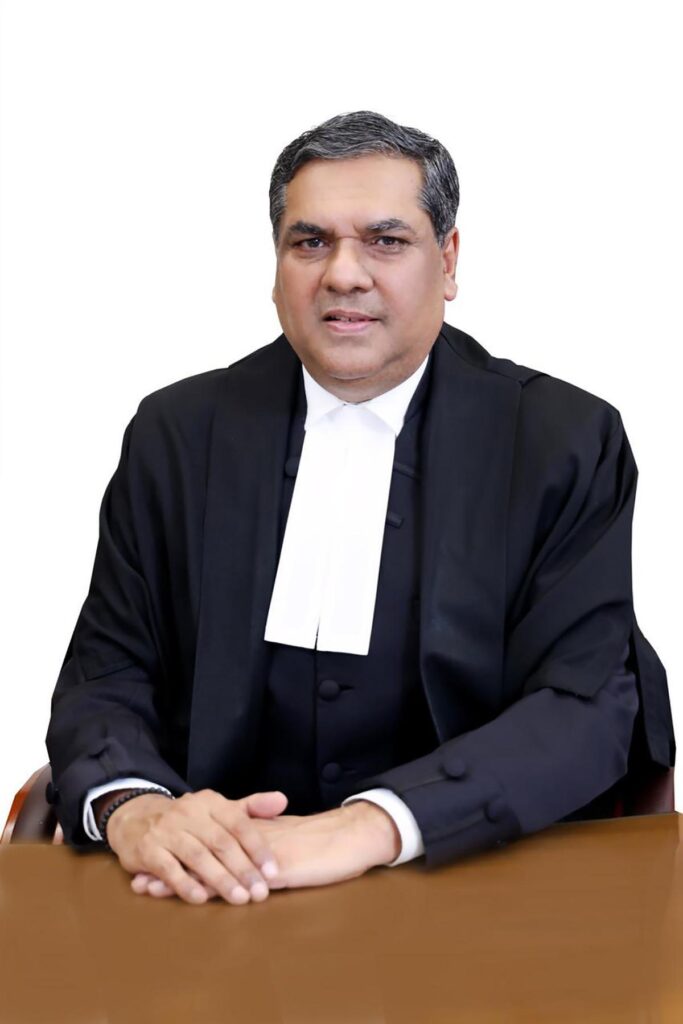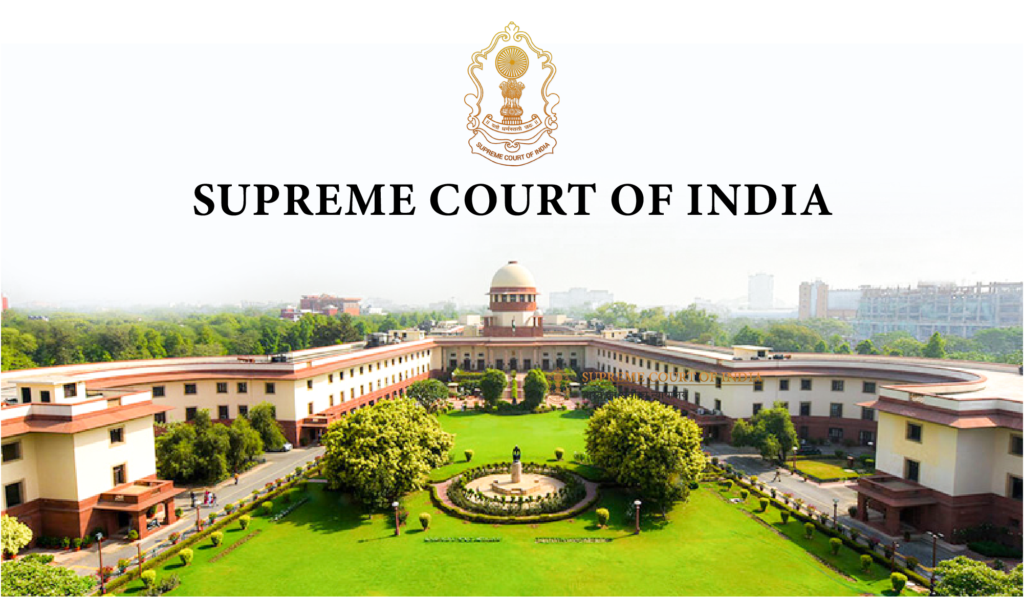Justice Sanjiv Khanna is set to take over as the 51st Chief Justice of India (CJI) on November 11, 2024, succeeding Justice D.Y. Chandrachud, who will retire a day prior after a significant tenure. Justice Khanna’s appointment is part of the regular succession process in the Supreme Court, where the seniormost judge typically assumes the top post.
Justice Sanjiv Khanna , who has been a Supreme Court judge since 2019, will hold the prestigious position for a brief term of just over six months, upon reaching the mandatory retirement age of 65 for Supreme Court judges. Despite his short tenure, Justice Khanna is expected to steer the judiciary with diligence and impartiality, building on the legacy of his predecessor, Justice Chandrachud.

Throughout his judicial career, Justice Sanjiv Khanna a has been noted for his progressive judgments, particularly in areas concerning human rights and fundamental freedoms. His contributions have consistently reinforced the importance of constitutional values, setting an enduring standard for judicial conduct. His rulings have also focused on upholding transparency, accountability, and the independence of the judiciary.
Justice Sanjiv Khanna’s succession will maintain continuity in the Supreme Court’s leadership and judicial philosophy, given the current pressing issues of national and legal importance. His agenda may include handling high-profile cases, furthering judicial reforms, and addressing backlogged cases that have accumulated over time. His appointment is seen as a step toward reinforcing the judiciary’s role in safeguarding democracy, delivering justice, and ensuring the rule of law in India.
As the new CJI, Justice Khanna’s legacy will not be determined by the length of his tenure but rather by his commitment to justice and the rule of law, building upon the institutional values upheld by his predecessors.
Justice Sanjiv Khanna’s Legal Background
Born on 14th May, 1960 justice Khanna was enrolled as an advocate with the Bar Council of Delhi in 1983. Initially practiced in the District Courts at the Tis Hazari complex, Delhi, and later, in the High Court of Delhi and tribunals in fields as diverse as constitutional law, direct taxation, arbitration, commercial law, company law, land law, environmental law and medical negligence. He had a long tenure as the Senior Standing Counsel for the Income Tax Department. In 2004, he was appointed as the Standing Counsel (Civil) for the National Capital Territory of Delhi. He had also appeared and argued in a number of criminal cases at the Delhi High Court as an Additional Public Prosecutor and as an amicus curie.
Elevated as an additional judge of the Delhi High Court in 2005 and was made a permanent judge in 2006.Whilst a judge of the Delhi High Court, he held the position of Chairman/Judge-in-charge, Delhi Judicial Academy, Delhi International Arbitration Centre and the District Court Mediation Centres.
Elevated as a Judge of the Supreme Court of India on 18th January, 2019. He held the post of Chairman, Supreme Court Legal Service Committee, from 17th June 2023 till 25th December 2023.
He is presently the Executive Chairman of National Legal Services Authority and a member of the Governing Counsel of the National Judicial Academy, Bhopal. Justice Khanna will retire on 13th May, 2025.
Justice Sanjiv Khanna’s short tenure is expected to bring both challenges and opportunities. His immediate priorities may include expediting pending cases and improving access to justice for all sections of society. Observers believe he will likely continue the focus on digital transformation in the judiciary, following recent technological advancements made under Justice Chandrachud. Furthermore, his tenure might see critical deliberations on constitutional matters, reinforcing judicial independence in a democratic framework.
Legal experts anticipate that his judgements will be closely watched, as his balanced approach is expected to contribute to fair and just outcomes in landmark cases. Justice Sanjiv Khanna’s legacy will thus be measured not just in time but in his contributions to Indian jurisprudence, further strengthening public trust in the judiciary.






